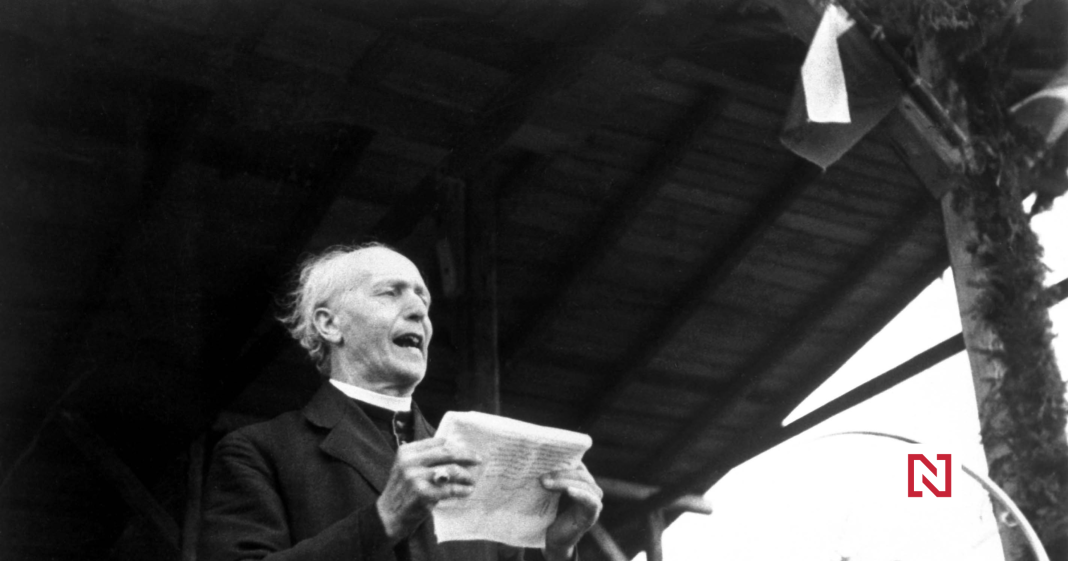Andrej Hlinka is a name etched in Slovak history for his passionate advocacy for Slovak independence. In the early 20th century, while many Czechs showed ambivalence or resistance towards the idea of Slovak autonomy, Hlinka was unwavering in his pursuit of a distinct Slovak identity.
Hlinka’s Early Advocacy

Andrej Hlinka, a priest and politician, emerged as a crucial figure in the movement for Slovak national rights. In a time when Czechoslovakia was formed post-World War I, the Slovaks felt underrepresented and politically marginalized. Hlinka, through his charismatic leadership, articulated the need for Slovaks to assert their own cultural and political identity. He believed that true independence came from self-determination, which he tirelessly championed.
Hlinka’s demand for autonomy was rooted in historical grievances. During the Austro-Hungarian rule, Slovaks were often overshadowed by more dominant national groups. His political efforts were a rallying cry for the Slovak people to seek greater autonomy within the newly formed Czechoslovakia.
The Czechoslovak Tensions

While Hlinka and his followers were advocating for Slovak independence, many in the Czech political elite were resistant to the idea. They perceived such demands as destabilizing to the newly-established state. The central government in Prague often turned a deaf ear to these calls, prioritizing unity over the acknowledgment of distinct national identities within their borders.
This created tensions within the Czechoslovak political landscape. Hlinka’s endeavors were sometimes seen as divisive, yet he continued to push the narrative that for Slovakia to thrive, it needed recognition and independence. His party, the Slovak People’s Party, became a significant political force, amplifying calls for self-governance.
Hlinka’s Political Strategy

Despite numerous setbacks, Hlinka was strategic in his approach. He reached out to international forums where he could voice his demands more effectively, contrasting with the often cold reception at home. By putting the Slovak struggle on an international stage, Hlinka sought to garner sympathetic support and pressure the Czechoslovak government.
Domestically, Hlinka’s speeches and political campaigns were designed to rally the Slovak populace. His commitment to social issues and religious values resonated with many, further solidifying his strong base of support. Through adept political maneuvering, he kept Slovak aspirations at the forefront of national discourse.
The Legacy of Andrej Hlinka

Hlinka’s efforts laid the groundwork for future movements toward Slovak independence, even if his ultimate goals were not realized in his lifetime. His legacy is one of unwavering dedication and a relentless pursuit of what he believed was right for his people. The later formation of an independent Slovakia can trace part of its roots to Hlinka’s early and persistent advocacy.
Today, Hlinka is remembered as a national hero in Slovakia. His life’s work remains a testament to the enduring struggle for national identity and self-governance, themes that continue to resonate in various parts of the world.
In conclusion, while Czechoslovakia was historically united under a single banner, figures like Andrej Hlinka remind us of the complex mosaic of identities that existed within and the pursuit of independence that drove people forward. His advocacy not only shaped Slovak political aspirations but also left an indelible mark on the region’s history.
Source: Official Slovak National Archive.





